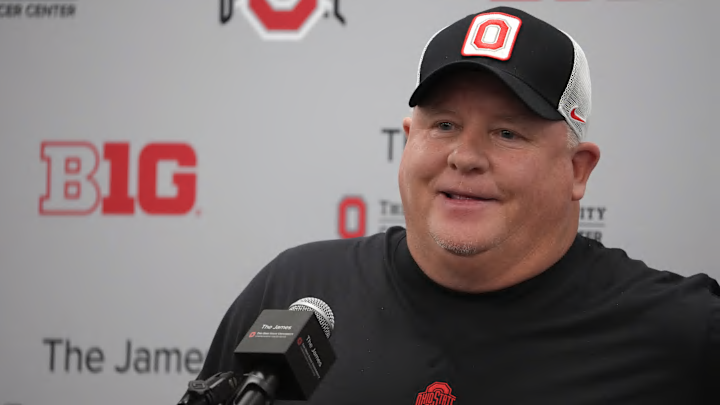College football is in a chaotic flux right now, and that's OK.
The main culprit? Money.
Let's be honest, college athletes have been receiving money way before the NIL rules. The only difference now, is that they can openly admit it without hurting their school. What most fans don't understand about the NIL, is that not only are the athletes able to do commercials and sell their autographs, but the schools are also paying the athletes an actual salary
Money in college football is nuts. Tennessee boosters are alleged to have offered $8 million to a top quarterback to play in Knoxville. GOP fundraising woes may be tied to a lot of their donors now spending all their money recruiting players for their alma maters…
— Scott Greer 6’2” IQ 187 (@ScottMGreer) January 30, 2024
Obviously, when money gets involved, or, should I say, when money and student-athletes get acquainted, it becomes a problem. No one has a problem when a coach leaves in the middle of his contract to take a job at Notre Dame, but if an athlete chooses Texas over Alabama because Texas pays more now it's a problem. This is the new college football, people.
Transfer portal
Surprisingly, though, the transfer portal rule is the one that has generated the most buzz.
The consensus problem with it is athletes want to start their freshman year, what happens if they don't? By the time December rolls around, they will have already decided to transfer. Some believe that the rule has taken the competitiveness out of college football. Kids would fight for positions with the old rules because who wants to waste a year sitting out by transferring? Instead, they could leave and be eligible immediately.
D.J. Uiagalelei, a former five-star recruit and quality starting quarterback who initially played for Clemson, is on his third college football team. Once again, ladies and gentlemen, this is the new college football.
How many coaches have left programs such as Kansas in the middle of a contract to take a Michigan or an SEC team job? A head coach leaves one job, paying them millions, for another job, paying them even more.
Coaching Changes
However, the biggest jaw drop of the college football offseason has been head coaches leaving for lower-paying jobs. Chip Kelly left his head post at UCLA to become a coordinator at Ohio State. A total of five head coaches this offseason left their posts to take on coordinator roles at Power Five conference schools.
Why? The answer is simple: recruiting is a different game in today's college football world.
Phone calls during the recruiting period, getting dinner with the parent, being in contact with the head coaches consistently, and official visits to campuses aren't enough to get the instant impact recruits anymore. You have to raise NIL money and get these kids sponsorship deals. Coaches aren't just worried about the incoming recruits but their current players on the team want to be compensated as well. All those things combined equal added stress for some of the 50-plus-year-old head coaches who, to some degree, can retire if they want.
The new college football does not benefit the coaches, it does not benefit the fans to some degree, and it does not benefit the schools. It benefits the players, who fans pay money to see.
